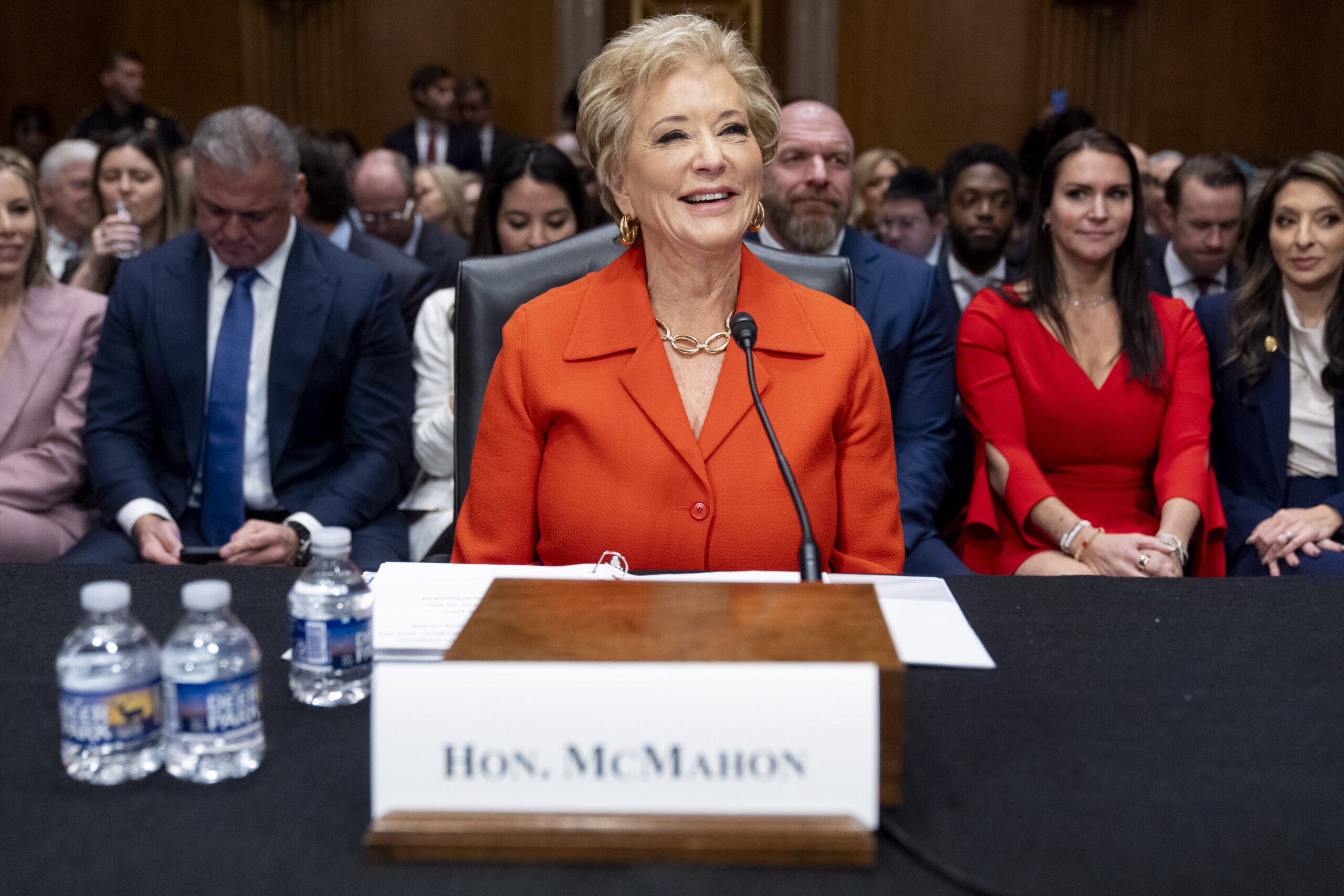Around 1968, Ms. Trombley and her husband separated (they later divorced), and at about the same time she was offered the chance to take over for the station’s record librarian, who was going on maternity leave. The station’s program director soon took note of her ear for hits and made her music director, a job she held, Tim Trombley said, until she was laid off in the early 1980s in a downsizing effort.
Ms. Trombley didn’t rely only on her own tastes; she would call R&B stations in the area to see what they were playing, which led her to give CKLW’s 50,000 watts of exposure to Black artists. She similarly boosted the careers of Canadian artists like Gordon Lightfoot and the Guess Who, as well as a number of Detroit-area stars, including Bob Seger.
“Seger never had any problem getting on CKLW,” she told The Detroit Free Press in 2004 when Mr. Seger was inducted into the Rock & Roll Hall of Fame. “Look at the songs. Listen to the lyrics. I’m a lyric freak. When someone is saying something in a song, I can’t be the only person interested in it.”
Well, Mr. Seger almost never had any problem getting on the station. Some of his new material came her way in the early 1970s, and she panned it. He sat down and wrote a song about her called “Rosalie” — a tribute to her importance, but with a sly, reproving undercurrent that they both laughed about later.
“He was pissed off when he wrote that song about me,” she said. “He told me!”
Payola — offering payoffs to get a song played — was part of the radio business during Ms. Trombley’s reign, and her son said it was common knowledge in the industry that she was a single mother, so some promoters would make it subtly known to her that there was money available.
“She made it less subtly known,” he said, “that if they wanted to continue to meet with her every week, that was not something that was going to get their record on the radio.”





















Discussion about this post